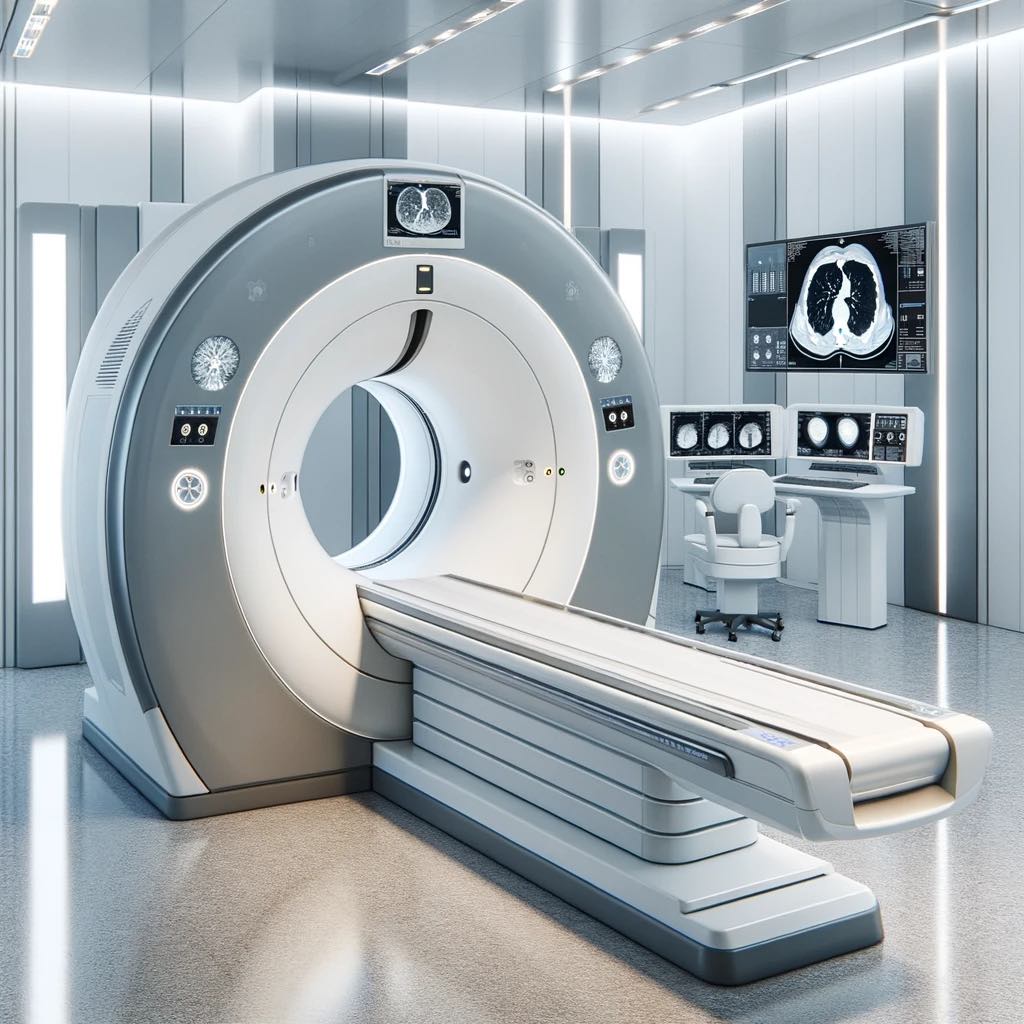Lung cancer is a common type of cancer affecting both men and woman. The presentation of lung cancer can mimic other respiratory disease as people may have a longstanding cough, chest pain, breathlessness, wheeze or weight loss. When symptoms are prominent the lung cancer is usually at an advanced stage and the prognosis is poor. Approximately 100 people in the UK die of lung cancer per day. Lung cancer screening aims to detect lung cancer early in high risk individuals
Lung cancer screening allows for the early detection of lung cancer in high risk patients before the development of symptoms.
Screening isn’t beneficial for everyone because the investigations carry risks including:
There is no national cancer screening programme in the UK but some areas in the country are offering lung health checks.
The advantage of lung cancer screening is that if the cancer is found at early stage when it is small and localised to an area of the lung it can be resected with a high chance fo cure. Lung cancer screening with a low dose CT scan of the chest reduces the chances of dying from lung cancer.
People with the highest risk of developing lung cancer benefit from screening.
In the United States lung cancer screening is recommended for those:
Other people at risk of lung cancer include:

Screening for over 50’s at high risk of lung cancer is carried out annually until the person turns 81 years of age, or hasn’t smoked for 15 years, or develops a condition that makes them unable to have surgery for lung cancer.
.
People at high risk of lung cancer are offered a low dose CT chest scan once a year.
If a nodule is found then subsequent investigations will depend on the type of nodule and the size. Solid nodules require a follow up period of 3 years, whilst ground glass (sub-solid) nodules are followed up for a 5 years. The timing of the scans depends on the initial size of the nodule and is based on recommendations of the Fleischner Society. Larger nodules > 8 mm in diameter can be assessed with a PET CT. If a nodule increases in size (volume) this is suspicious of cancer a PET CT, tissue sampling or surgical excision is needed. Management plans should be made in a multidisciplinary team meeting.
Respiratory Medicine
Royal Brompton Hospital
Sydney Street
Chelsea
SW3 6NP